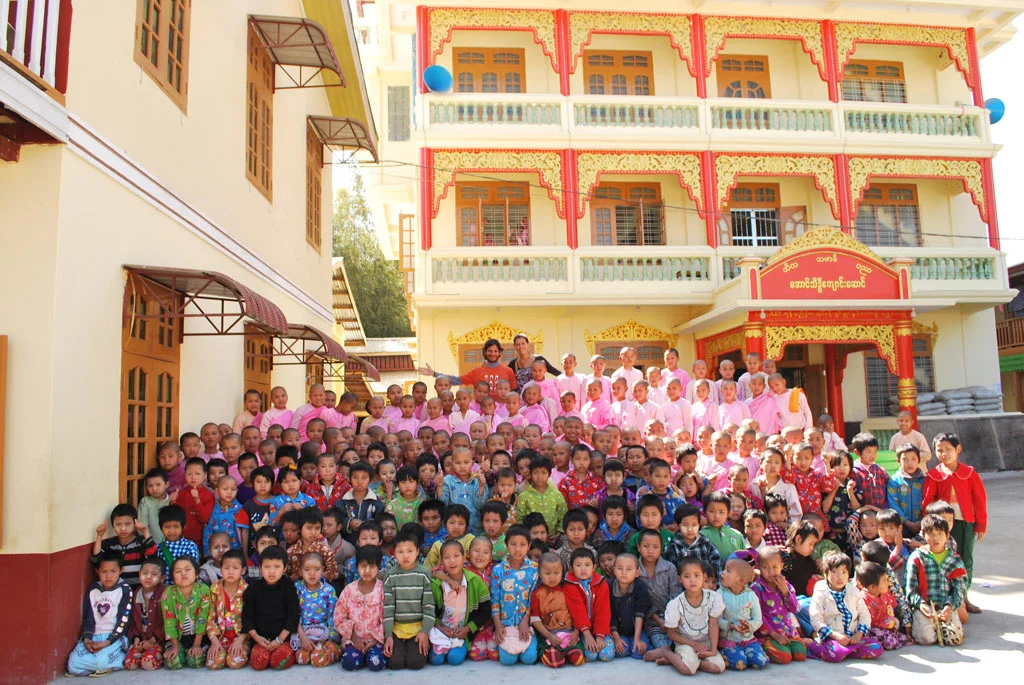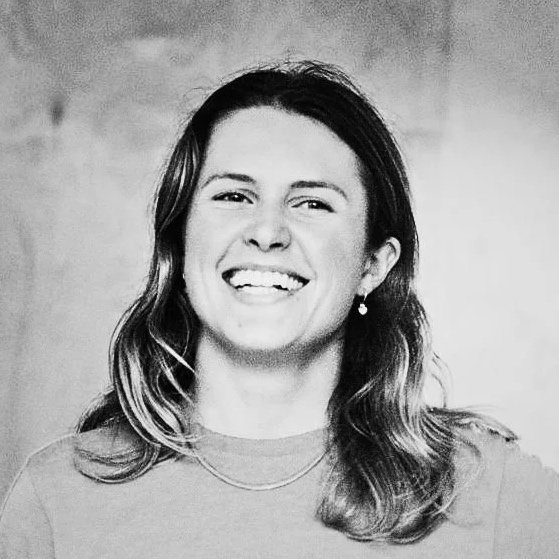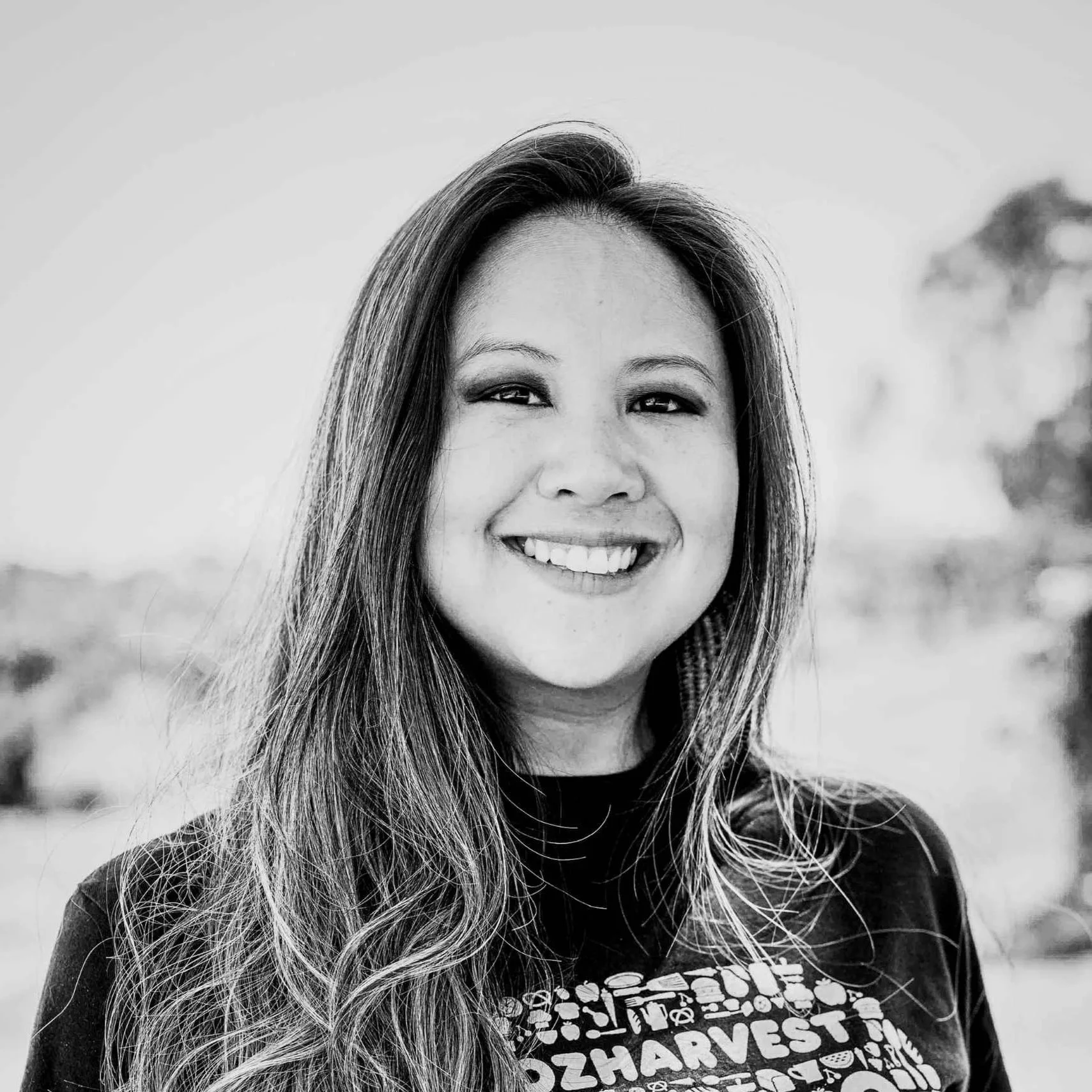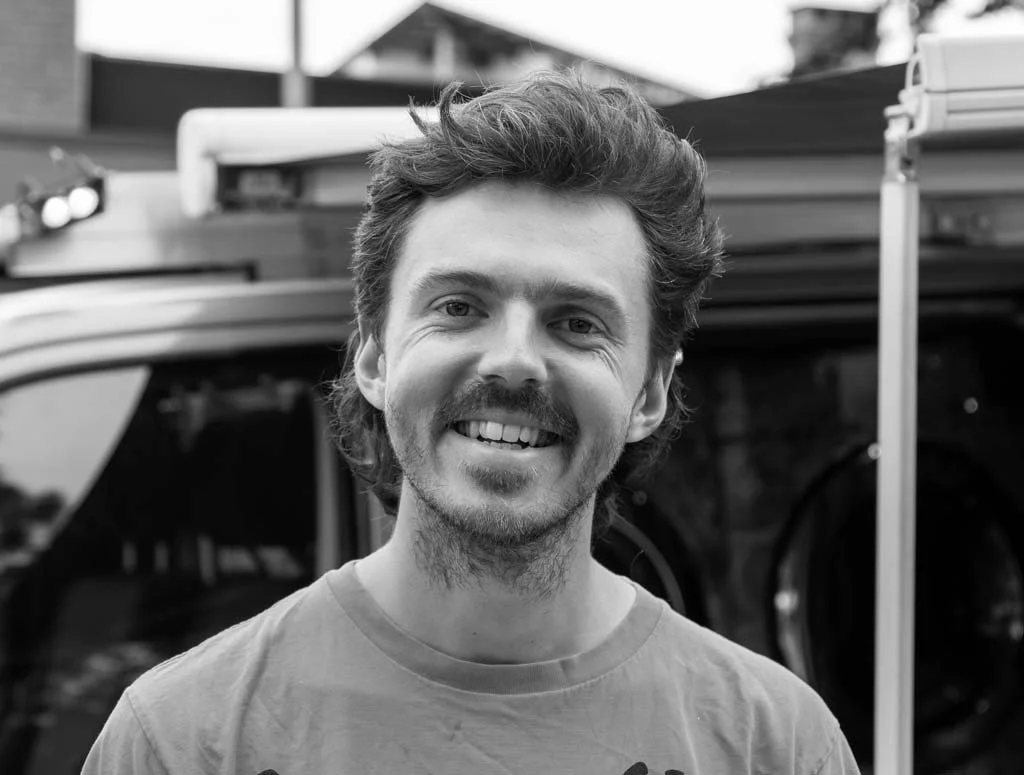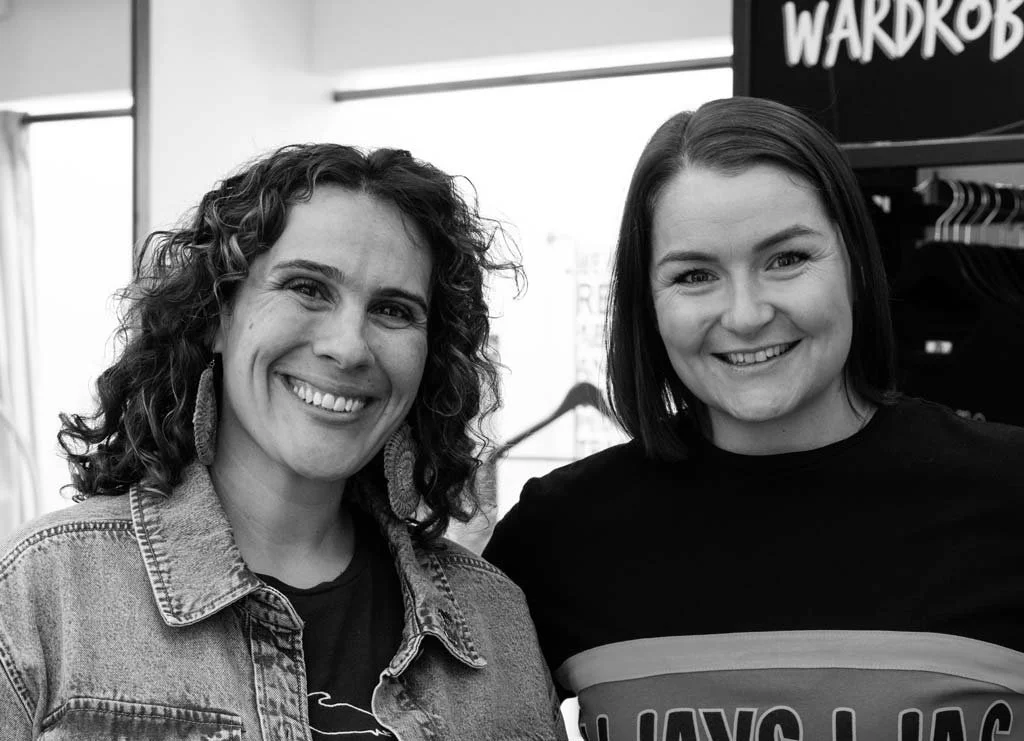Gabriela Gallardo & Santiago Mejía Acosta On Fostering Healthy Communities
Gabriela and Santiago are co-founders of Yaku Latin Goods, a Brisbane-based social enterprise that supports health and education projects from a global community perspective.
They have strategically combined their professional skills in marketing management, business and project management with their personal belief and commitment to help reduce social inequality.
Through their business model, Gabi and Santi import organic and ethical products from Latin America, trade at organic markets in Brisbane, and part of their profits goes out to supporting two community projects, creating a positive social impact in the lives of 500 children.
Gabi and Santi discuss how they saw a need to create a self-sustaining business to provide ongoing support to social projects, whilst sharing a few lessons they’ve learnt along the way.
Highlights from the interview (listen to the podcast for full details)
[Amedeo Watson] - To start things off, I’d like to go way back. Where are you both from? How did you meet each other? [2:02]
[Santiago Mejia Acosta] - We were born in Ecuador - a magical country in the middle of the world. We met in our home town, Quito, where some friends were discussing politics after a workshop. At some point, we heard somebody giving an incorrect description of a Galapagos Sea Lion and that immediately caught our attention, because we were both working on the Galapagos Islands at the time. We started talking and so our awesome and adventurous journey began.
How was it that you then decided to go on and found Yaku Latin Goods? [2:39]
[Gabriela Gallardo] - We have volunteered and donated to different social organisations everywhere we have lived.
Having moved to Australia and sharing a common feeling that donating every now and then is not enough, we saw the need to create a self-sustaining business to provide ongoing support to social projects.
So we identified a business opportunity in a thriving Australian market, where we now trade organic dark chocolate, imported from our home country, Ecuador. Part of our profits from this vegan, gluten free and proud, international award-winning chocolate are sent to contribute to two community projects in Peru and Myanmar.
How did you guys come across those projects? [3:24]
[Gabriela] - We volunteered for those projects in Peru and Myanmar. One project helps kids with chronic malnutrition - we volunteered there for two years - and in Myanmar, while we we were traveling around South East Asia, we volunteered in a place that helped orphaned girls. At that time there were 400 girls, and the latest update is that the centre now has 600. The number of kids are growing, but the centre remains the same size - so it's packed and the needs are huge.
Let’s talk a bit more about the problem that you are passionate about solving, and you have kind of alluded to it there. Could you define that problem? How does Yaku seek to solve the problem? [3:57]
[Gabriela] - The problem we want to help solve is social inequality. To put it in perspective, we identified two groups of people.
One group consists of people who have a home, education, healthcare, food in their fridge, are not fleeing from war and have internet access to listen to podcasts like these. This group belongs to the privileged five percent of the world population, the other ninety-five percent does not.
So for us being part of this privileged five percent is a huge responsibility.
We take it with gratitude, but also with genuine commitment to create change and end social inequality. But we are pushing really hard to reduce that gap.
I really like a philosopher Hillel and he said, "If it's not you then who? If it's not now, then when?”
That is a really powerful saying that we took onboard when starting Yaku Latin Goods.
Could you tell us a bit more about Yaku’s impact around the world? [5:03]
[Santiago] - Yes, of course, I'd be happy to. Our purpose is to foster healthier communities, and since we started, we have been giving part of our profits to support two community projects as Gabi mentioned - one in Peru supporting children with chronic malnutrition & one in Myanmar supporting orphans from war. So volunteering with these projects made us realise that even the smallest contribution really has a significant social impact. So far, we have already provided them with health and education materials, training resources and mattresses, creating a really nice, positive impact for 500 children. We like to define ourselves and our community as 'Good People, Doing Good'.
Great - I think that says very accurately what it is that Yaku Latin Goods is about and what it is doing. [5:52]
[Gabriela] - Yes and it is not only us, it is the people who are starting to support the project and believe in what we are doing.
[Santiago] - Exactly, it is a nice community that we have been building over all this time. It keeps growing, is really dynamic and is filled with a lot of loyal people that keep coming back to us. So it's not just us - it is good people, doing good.
What were some of the early challenges in running the organisation? [6:08]
[Gabriela] - To begin with, 'Yaku' means water in our Indigenous language, which evokes the ocean that connects the world. This word alone encapsulates the global impact we want to have - connecting Latin American culture with the Australian market, and supporting communities facing social inequality. Saying that, this big and holistic concept is really hard to communicate and it's really hard to get into your market and to your people. So that was the very first challenge; to communicate that we are a social enterprise, this is our model and this is why we're doing it. So communicating the 'why' wasn't easy, and I feel that now we have more elements and tools to communicate that story. Another challenge would be having to find our target market, because the idea is that we're not only trading chocolate, which we are doing now, but in the future we would like to bring in more varieties of products. Right now people probably only know us as the 'choccie guys' - chocolate only. Chocolate is a fantastic, beautiful world and we want to keep on going with chocolate not only from Ecuador, but also Mexico and Peru, because that is a really great market. But what about if we move into quinoa or other kinds of products? That would be another challenge - expanding into different products and us not only being known as the two, three or five products that we are trading. We have also encountered more traditional challenges in taking risks, finding partnerships and dreaming big as migrant entrepreneurs with no more capital than a decision to do good for others, which means tonnes of resilience, patience and continuous exploration.
That’s a really relevant challenge. I’d like to talk about the Elevate+ Program with Impact Boom. After two and a half years of operation, Yaku was accepted into the Elevate+ program - could you please share some of the main lessons you took away from the Elevate+ Program and how Yaku has progressed since? [8:32]
[Santiago] - The Elevate+ Accelerator Program became a really huge milestone. For Yaku Latin Goods it was very much a 'before and after' experience. So I guess the main outcome we took away from this great opportunity, was not only to deeply understand the overall aspects and challenges of a social enterprise, but also to develop the power to make things happen; that is one of the main lessons, the main outcome that we have a gotten out of this program - one step at a time, but with a clear purpose-led strategy.
After the Elevate+ Program, Yaku Latin Goods feels much more empowered. Our exposure and network have increased significantly, but most importantly we are now part of a very dynamic, ongoing and evolving social community here in Australia.
So that has been a nice way to communicate with like-minded people and great contacts of course.
Let's talk a bit about that social enterprise community. Specifically, the one that makes up the Elevate+ Program. Were there any particular issues/hurdles that the majority of the Elevate+ cohort shared? [9:59]
[Santiago] - Yes. Totally. To begin with, we are very happy to say that it was great to be surrounded by passionate entrepreneurs and innovators as part of this first cohort of the Elevate+ Program. Despite the fact that this cohort included social enterprises at different life stages, and from different industries in general, I think that two of the issues that were common ground for all of us was finding sustainable ways to increase our sales, and the challenge to get further exposure. I think that those were the main challenges we had as a group.
What other inspiring projects or initiatives have you come across recently which are creating positive social change? [11:02]
[Gabriela] - We are very lucky to be surrounded by inspiring people that make the impossible, possible. To mention a few, Maro runs the Noemi Project - an organisation in Argentina to reduce child labour through educational programs, livelihood strategies and advocacy to promote public policies, so government can positively impact the life of more than 400,000 children. So that is huge and so inspiring. Plus, she is a friend so I can message her on Whatsapp for advice every now and then! Karla is another beautiful friend based in Peru. She works as an independent cultural producer, promoting and exporting traditional Peruvian music around the world. This is a huge step not only for the music industry in Peru, but also a social debt for those independent artists who otherwise wouldn’t be able to promote their traditional rhythms and storytelling. And of course, another beautiful initiative creating social change is Chasing Smoke - Australia’s first and only all-Indigenous contemporary circus. This talented young cast brings 40,000 years of history distilled through their families and personal experiences. A moving and must see show for all people living in Australia! That’s just to mention three, but those are really powerful to us.
[Santiago] - I guess that in this social enterprise environment it’s all about the people that you keep on meeting and get inspired by. But as you walk on by, as you keep on doing what you are doing, you also inspire other people. So it is a never ending beautiful cycle to keep growing and creating more change in this world.
[Gabriela] - A great concept about social enterprises is that we are not competing with each other, or we don’t see ourselves as competitors. Rather, in the eyes of a social entrepreneur we are collaborating - looking at the ways we can partner and do things. I think that is a really grounded value.
To finish off, are there any books you would recommend to our listeners? [13:21]
[Gabriela] - Yeah we do have a couple. Creativity Inc. by Ed Catmull is a great, fantastic book. This is about Pixar, and getting into the Pixar world. One of the beautiful quotes that I have in my notebook is…
"The best way to predict the future is to invent it. Invention after all, is an active process that results from decisions we make. To change the world, we must bring new things into being".
I love it.
[Santiago] - From my side, a really awesome book that has marked my life importantly is 'Born a Crime' by Trevor Noah. This is a very inspiring story of the extreme challenges that Trevor, the author, has faced during his childhood, and everything he had to do to overcome these throughout his life. His audacity and good sense of humour play a key role. So, really inspiring - I truly would recommend that.
Initiatives, resources and people mentioned on the podcast
Recommended books
Creativity Inc. by Ed Catmull
Born a Crime by Trevor Noah





